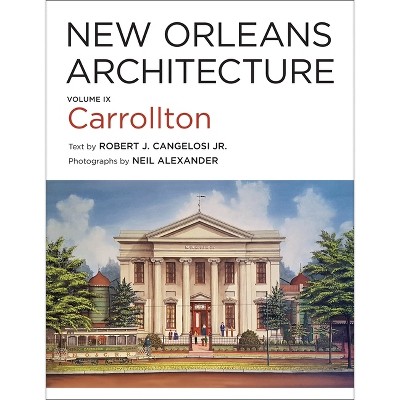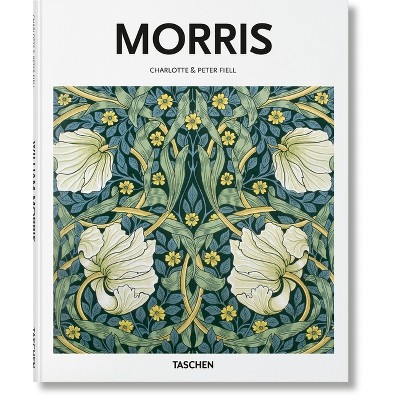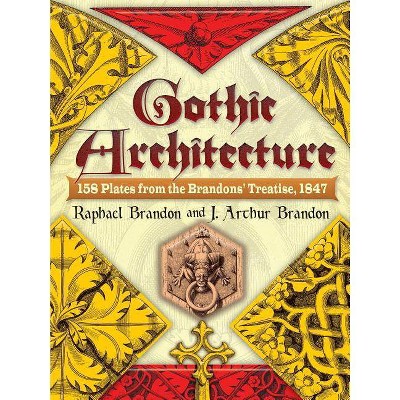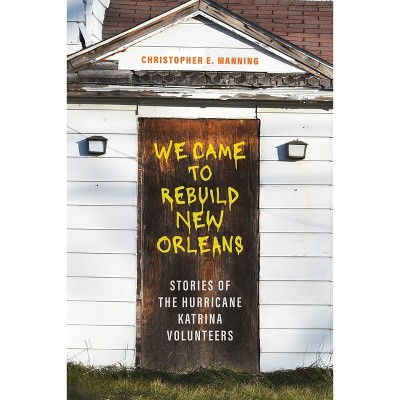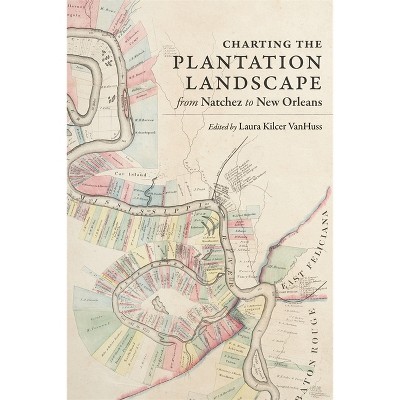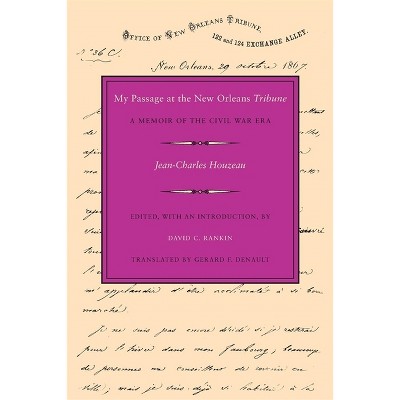Sponsored

New Orleans, Louisiana, and Saint-Louis, Senegal - by Emily Clark & Cecile Vidal & Ibrahima Thioub (Hardcover)
In Stock
Sponsored
About this item
Highlights
- This book explores the intertwined histories of Saint-Louis, Senegal, and New Orleans, Louisiana.
- About the Author: Emily Clark is Clement Chambers Benenson Professor in Colonial American History at Tulane University and the author of five books, including Masterless Mistresses: The New Orleans Ursulines and the Development of a New World Society, 1727-1834 and The Strange History of the American Quadroon: Free Women of Color in the Revolutionary Atlantic World.
- 264 Pages
- History, Europe
Description
About the Book
"Saint-Louis, Senegal, and New Orleans, Louisiana, were two river towns created ex-nihilo by the French, the former in West Africa and the latter in North America, at the time of French early imperial expansion in the Atlantic world. Both became important port cities of in the French Empire. Saint-Louis was founded the earliest, in 1659, with the internationalization of the transatlantic slave trade. New Orleans was established much later, in 1718, after the transatlantic slave trade had greatly expanded and plantation slavery was already well entrenched in the French Antilles. The location and site of both Saint-Louis and New Orleans were chosen because they controlled the mouth of a river that gave access to the interiors of West Africa and North America, respectively. The site of each city allowed them to maintain connections with and even to control over time a large continental hinterland: much of Western Sahara, the upper and middle Niger Valleys, and the north of Senegambia for Saint-Louis; the whole Mississippi Basin for New Orleans."--Provided by publisher.Book Synopsis
This book explores the intertwined histories of Saint-Louis, Senegal, and New Orleans, Louisiana. Although separated by an ocean, both cities were founded during the early French imperial expansion of the Atlantic world. Both became important port cities of their own continents, the Atlantic world as a whole, and the African diaspora. The slave trade not only played a crucial role in the demographic and economic growth of Saint-Louis and New Orleans, but also directly connected the two cities. The Company of the Indies ran the Senegambia slave-trading posts and the Mississippi colony simultaneously from 1719 to 1731. By examining the linked histories of these cities over the longue durée, this edited collection shows the crucial role they played in integrating the peoples of the Atlantic world. The essays also illustrate how the interplay of imperialism, colonialism, and slaving that defined the early Atlantic world operated and evolved differently on both sides of the ocean.
The chapters in part one, "Negotiating Slavery and Freedom," highlight the centrality of the institution of slavery in the urban societies of Saint-Louis and New Orleans from their foundation to the second half of the nineteenth century. Part two, "Elusive Citizenship," explores how the notions of nationality, citizenship, and subjecthood--as well as the rights or lack of rights associated with them--were mobilized, manipulated, or negotiated at key moments in the history of each city. Part three, "Mythic Persistence," examines the construction, reproduction, and transformation of myths and popular imagination in the colonial and postcolonial cities. It is here, in the imagined past, that New Orleans and Saint-Louis most clearly mirror one another. The essays in this section offer two examples of how historical realities are simplified, distorted, or obliterated to minimize the violence of the cities' common slave and colonial past in order to promote a romanticized present. With editors from three continents and contributors from around the world, this work is truly an international collaboration.Review Quotes
A thoughtfully assembled collection of deeply researched and finely crafted essays, this book showcases what it takes to produce cutting-edge Atlantic World history. Important intersections and divergences in paths taken by two French colonial cities, spanning vast distance across time as well as space, are featured up-close through a rich array of methods and subjects.--Daniel H. Usner, author of American Indians in Early New Orleans: From Calumet to Raquette
An invaluable, unusual book born from careful, well-organized, sustained collaboration among leading scholars from Senegal, France, the United States, and Canada. It helps put Africa into African-Atlantic Studies.--Gwendolyn Midlo Hall, author of Slavery and African Ethnicities in the Americas: Restoring the Links
This is a conceptually ambitious Atlantic history that takes a looking glass approach to illuminate the trajectories of two port cities/slave societies in West Africa and North America. France provided the point in common and the starting point, but the beauty and the importance of this volume is that the French empire, while remaining tethered to these explorations of Saint-Louis and New Orleans, recedes from the foreground. It is a dazzling model for approaching the inherent challenges--and the pay-off--of conducting comparative history.--Sophie White, author of Voices of the Enslaved: Love, Labor, and Longing in French Louisiana
About the Author
Emily Clark is Clement Chambers Benenson Professor in Colonial American History at Tulane University and the author of five books, including Masterless Mistresses: The New Orleans Ursulines and the Development of a New World Society, 1727-1834 and The Strange History of the American Quadroon: Free Women of Color in the Revolutionary Atlantic World.
Ibrahima Thioub is professor of history at the Cheikh Anta Diop University in Dakar, Senegal, and associate fellow at the Nantes Institute for Advanced Study in Nantes, France. He founded and leads the Centre Africain de Recherches sur les Traites et les Esclavages (CARTE) at Dakar. Cécile Vidal is directrice d'études at the École des Hautes Études en Sciences Sociales in Paris. She coauthored, with Gilles Havard, Histoire de l'Amérique française and has edited numerous collected works, including Louisiana: Crossroads of the Atlantic World. Her latest monograph is Caribbean New Orleans: Empire, Race, and the Making of a Slave Society.Shipping details
Return details
Guests also viewed
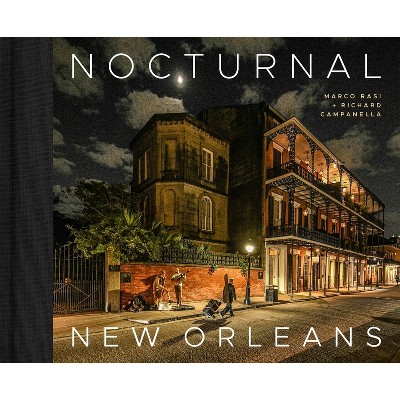


Discover more options

